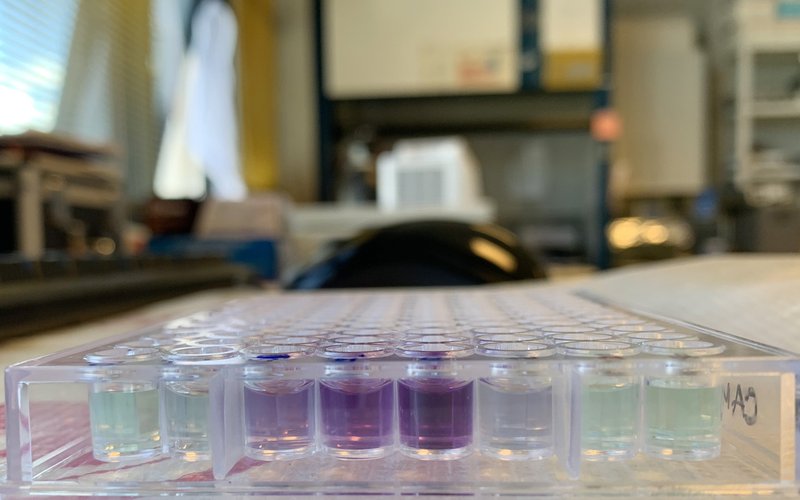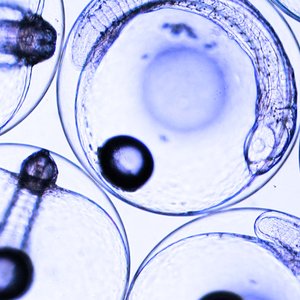A new European project, Alehoop, will obtain new protein value chains for high-value food and feed applications from the valorization of residual biomass of macroalgae and legumes. This is the aim of the recently-launched four-year project by 16 partners from six countries.
Currently, the world requires more than 200 million tons of protein, just over half of which is derived from plant sources. Adding to the demand is an increase in meat consumption, which requires protein as animal feedstuff. For Europe to meet its own demand for protein requires importing some 30 million tons of soy each year - a 95% dependency on imports. “This is economically and environmentally unsustainable, as well as undermining the EU’s food security. It is therefore important to diversify where and how to source its proteins for the future,” researchers said. Alehoop aims to provide “a sustainable and inexpensive solution for the recovery of biofunctional proteins.”
The purpose of the Alehoop project is to demonstrate - at a pilot scale - the feasibility of recovering low-cost dietary proteins from algae-based and plant residual biomass sources, namely seaweed and legume byproducts, using biorefineries. This will convert the biomass into alternative forms of proteins for a variety of uses, ranging from animal feed, food additives and high-end applications in nutritional awareness and health management.
The €5.1-million project is funded by the EU’s horizon H2020 program.













